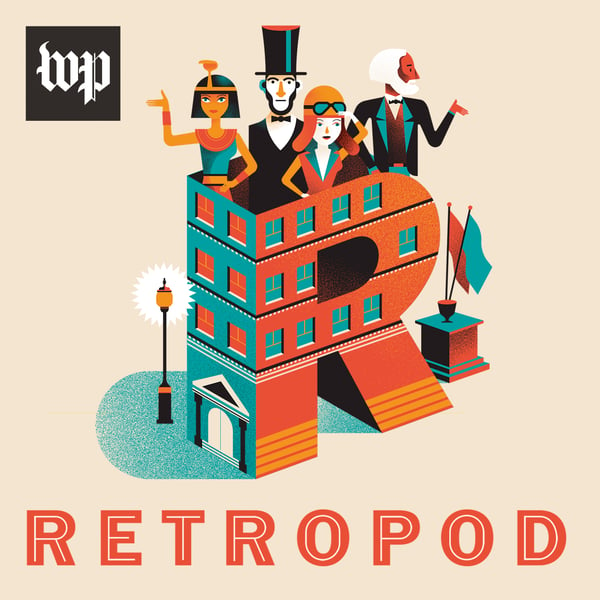The electric rivalry
Retropod
The Washington Post
4.5 • 670 Ratings
🗓️ 20 February 2018
⏱️ 4 minutes
🧾️ Download transcript
Summary
Transcript
Click on a timestamp to play from that location
| 0:00.0 | Hey, history lovers. I'm Mike Rosenwald with Retropod, a show about the past, rediscovered. |
| 0:06.0 | That's the sound of electricity. It's also the sound of the history of capital punishment in the United States, |
| 0:14.0 | and the surreal battle between Adventers Thomas Edison in George Westinghouse. |
| 0:19.0 | To understand the gruesome history of the death penalty, it is essential to compromise Thomas Edison in George Westinghouse. |
| 0:26.2 | To understand the gruesome history of the death penalty, it is essential to comprehend just how badly Edison wanted to zap Westinghouse. |
| 0:29.8 | Their rivalry was literally electric. |
| 0:33.6 | Westinghouse was a purveyor of alternating current voltage, also known as AC. |
| 0:38.5 | Edison developed direct current voltage, known as DC. |
| 0:42.2 | A century later, a very loud, very long-haired Australian band inserted a lightning bolt in the middle of those letters, calling itself ACDC. |
| 0:52.6 | But back to the 1800s. |
| 1:00.1 | Edison and Westinghouse, each trying to win lucrative electricity contracts, were fighting over which current was safer. |
| 1:02.0 | This was a crucial marketing detail, given that the general public's familiarity with |
| 1:06.3 | electricity was limited to lightning bolts, which, of of course everyone knew could be deadly. |
| 1:12.2 | Just as the two inventors were battling, a dentist in Buffalo named Alfred Southwick heard about a drunk man dying instantly after touching a generator. |
| 1:21.2 | That's according to a book by Craig Brandon called The Electric Chair in unnatural American history. |
| 1:27.2 | A commission in New York had been contemplating replacing hangings with electrocution. |
| 1:32.3 | Southwick read about it and thought that executing prisoners with electricity would be more |
| 1:36.9 | humane than messy hangings. |
| 1:39.0 | He tested his theory by electrocuting stray animals around town. |
| 1:43.8 | Then, in November of 1887, Southwick sent Edison a letter about his findings, asking how best to |
| 1:50.5 | electrocute humans. |
| 1:52.6 | The Wizard of Menlo Park wrote back, saying he abhorred the idea and would, quote, join heartily |
... |
Please login to see the full transcript.
Disclaimer: The podcast and artwork embedded on this page are from The Washington Post, and are the property of its owner and not affiliated with or endorsed by Tapesearch.
Generated transcripts are the property of The Washington Post and are distributed freely under the Fair Use doctrine. Transcripts generated by Tapesearch are not guaranteed to be accurate.
Copyright © Tapesearch 2025.

